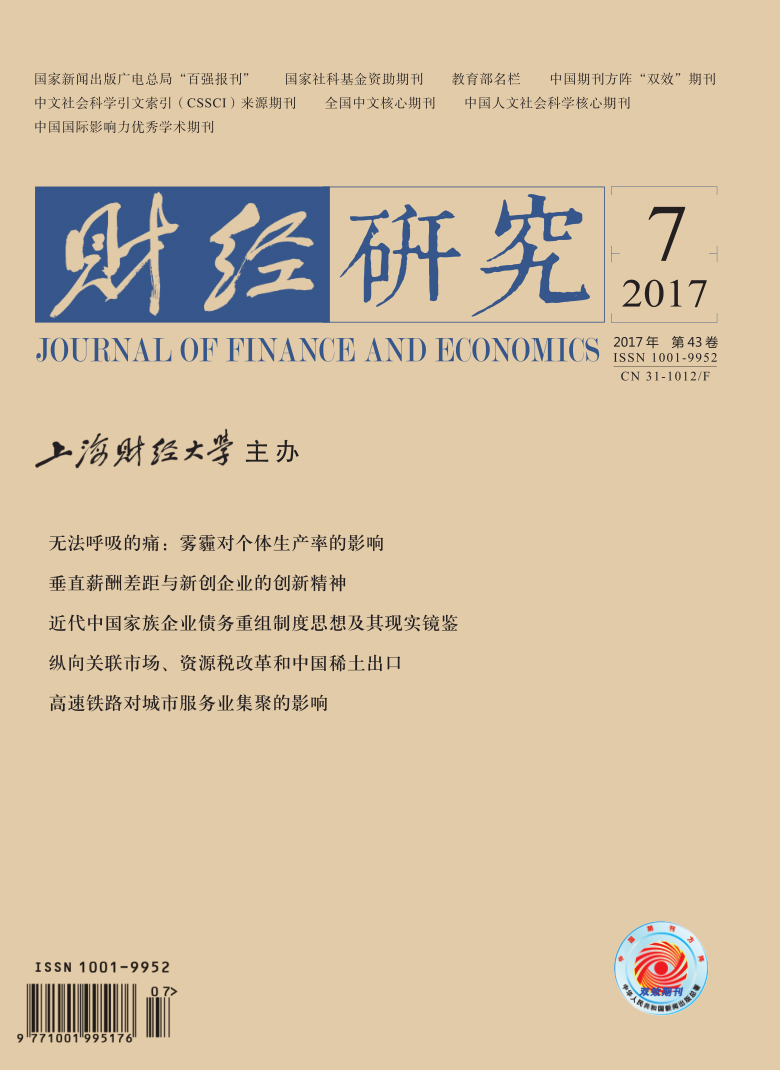Will the securities analysts sacrifice professionalism for commercial purpose? This paper uses the margin transactions institution to test whether the analysts intentionally provide biased stock analysis reports for the purpose of encouraging stock transactions. Short selling can increase trading commissions in the process of stock price falling and lead to more objective earnings forecasts by securities analysts. This paper uses the absolute value of earnings forecast error divided by stock prices to evaluate earnings forecast bias, and suggests that compared with stocks with short-sale constraint, short-term earnings forecast bias of margin trading stocks reduces by about 0.014 and long-term earnings forecast bias by about 0.019, but the average monthly turnover rate increases by about 10.9%. The changes in corporate performance and earnings forecast difficulty cannot explain this phenomenon. It shows that trading incentives have led analysts to provide more optimistic earnings forecast reports, and margin transactions institution can help correct analysts' commercial motivation and enhance their professionalism.
 / Journals / Journal of Finance and Economics
/ Journals / Journal of Finance and EconomicsJournal of Finance and Economics
LiuYuanchun, Editor-in-Chief
ZhengChunrong, Vice Executive Editor-in-Chief
YaoLan BaoXiaohua HuangJun, Vice Editor-in-Chief
Analysts'Commercial Motivations and Earnings Forecast Bias:Evidence from Margin Transactions
Journal of Finance and Economics Vol. 43, Issue 07, pp. 45 - 56 (2017) DOI:10.16538/j.cnki.jfe.2017.07.004
Abstract
References
Abstract
Cite this article
Hu Fan, Xia Yi. Analysts'Commercial Motivations and Earnings Forecast Bias:Evidence from Margin Transactions[J]. Journal of Finance and Economics, 2017, 43(7): 45–56.
Export Citations as:
For





 9317
9317  7937
7937

